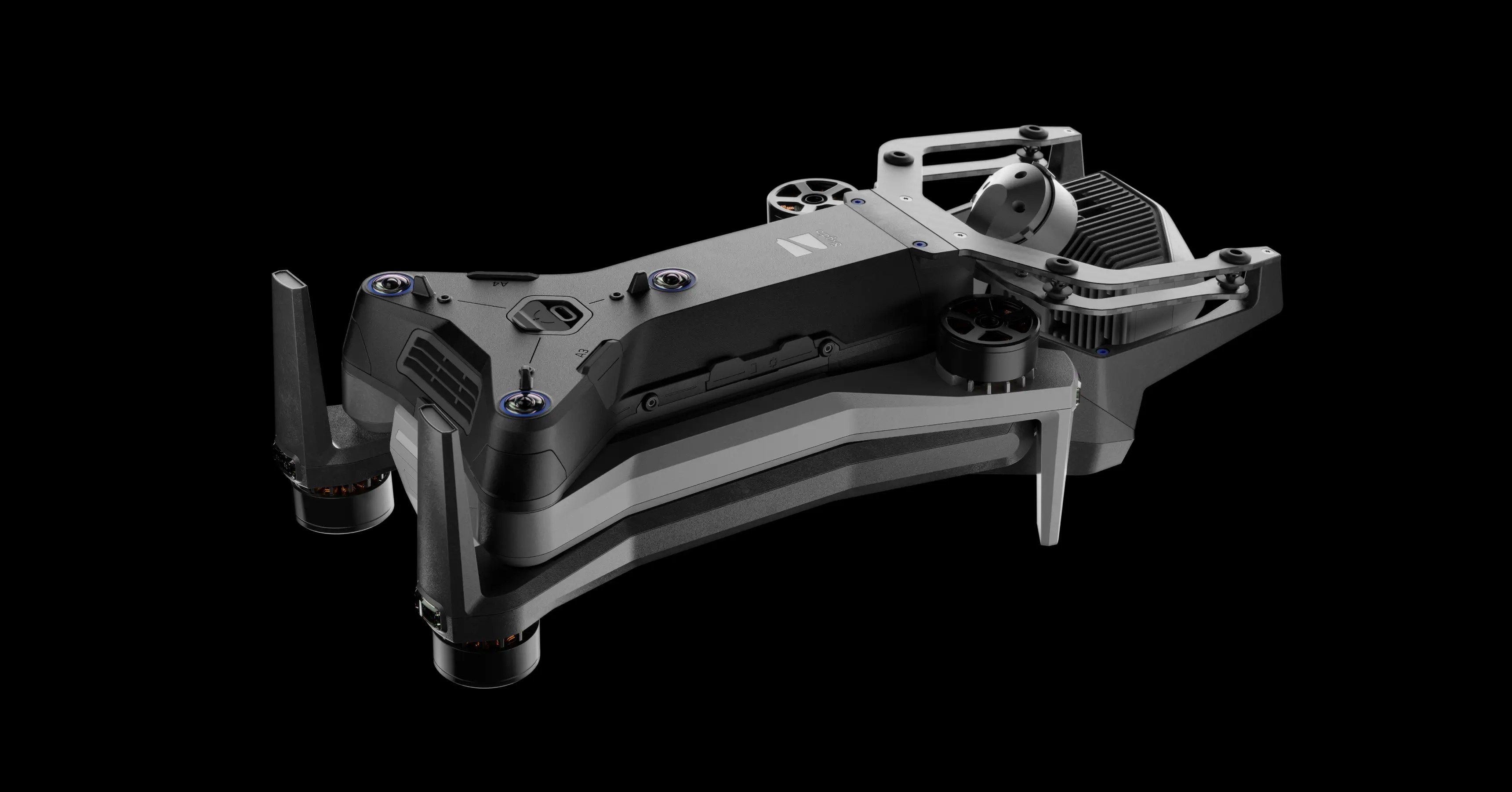[ad_1]
Last month, Skydio announced that it was shutting down its consumer drone business. DJI continues to dominate the category globally, but when the Shenzhen-based firm found itself on the wrong side of a U.S. government ban, Skydio was there to reap the benefit. The Bay Area company has since found success catering to the enterprise space, with a focus on government contracts.
Unsurprisingly, the pivot took centerstage at today’s Skydio Ascend event today in San Francisco. The new Skydio X10 was the star of the show, representing a full embrace of the well-funded startup’s new direction. The drone is specifically targeting first responders, the military and infrastructure inspection – all fairly established use cases in this world.
“The Skydio X10 combines the sensors customers need to get the data they care about, with the airframe and autonomy to put those sensors in the most important places at the most important times,” cofounder and CEO Adam Bry notes in a statement. “It can do everything expected of leading manually flown drones, but it has the autonomy to enable a scale, scope, and impact that has so far been elusive for the drone industry.”
The system offers some modularity, with four spots for payloads and replaceable sensors. The primary camera is 48-megapixels, with an on-board zoom that Skydio says is “capable of reading license plates at 800 feet.”

That’s paired with a 50-megapixel wide angle camera and a Flir thermal camera. Like the X2, the system is foldable for quick storage. It also sports an IP54 water resistance rating and 5G connectivity A new NightSense feature, meanwhile, improves flight in pitch black settings.
DJI isn’t mincing words around the impact that DJI’s addition to the entity list has had on its own fortunes, noting in a press release that, “the imperative to diminish reliance on Chinese-manufactured drones has become increasingly evident, fueled by security concerns.” The company also touts U.S. manufacturing, based in nearby Hayward, California.
Skydio has had no shortage of funding, either. In February, the company announced a $230 million Series E at a valuation of $2.2 billion.
[ad_2]
techcrunch.com




